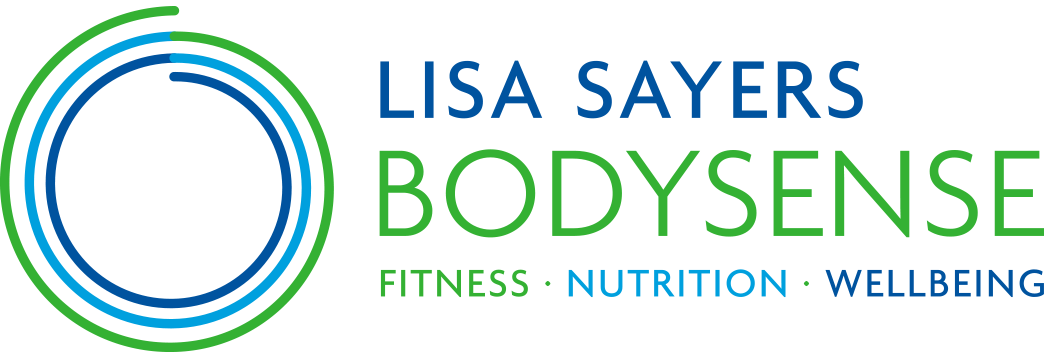Evidence that physical activity protects against heart disease is dramatic.
People who exercise on a regular basis have:
- Less heart attacks
- Less blockage of arteries and improved blood lipid (fat levels)
- Improved blood pressure
- Reduction in arteriosclerosis (hardening of the arteries)
- Reduction in atherosclerosis (laying down of fat in the arteries)
- Increased blood supply to the heart and increased output of blood from the heart
- Reduced risk of recurrence of heart attack
- Reduction of heart arrhythmias
- Reduction of the heart's oxygen demands at rest or during exercise
- Improved feeling of well being
- Reduction in blood clots in the heart due to a reduced stickiness of platelets in the blood stream
You will need to have been cleared by your doctor to participate in an exercise programme.
In communication with your healthcare provider/cardiologist and with their guidance of prescription of exercise intensity, I will provide a programme for you that will:
- Teach you an awareness of signs and symptoms of your disease
- Closely monitor your exercise intensity through heart rate monitoring. Exercise intensity is low to start with (a prescribed heart rate and blood pressure is set by your doctor or specialist) and then is gradually increased over time
- Increase your confidence to safely exercise at home
- Educate you in making lifestyle changes to improve your overall health
- Provide a personalised nutrition programme to optimise health and reduce risk of further disease
Personal Training | 1. Weight Loss | 2. Body Toning | 3. Postural Training | 4. Back Pain Recovery | 5. Rehabilitation
6. Recovery from Surgery | 7. Senior’s Fitness | 8. Children’s Fitness | 9. Stress Management | 10. Corporate Wellness | 11. Diabetes
12. Asthma | 13. Heart Disease | 14. High Blood Pressure | 15. Cancer | 16. Osteoarthritis | 17. Rheumatoid Arthritis | 18. Osteoporosis

